What is the new definition of extremism?
Michael Gove on a mission to 'push for more stringent measures to tackle extremism in the UK'
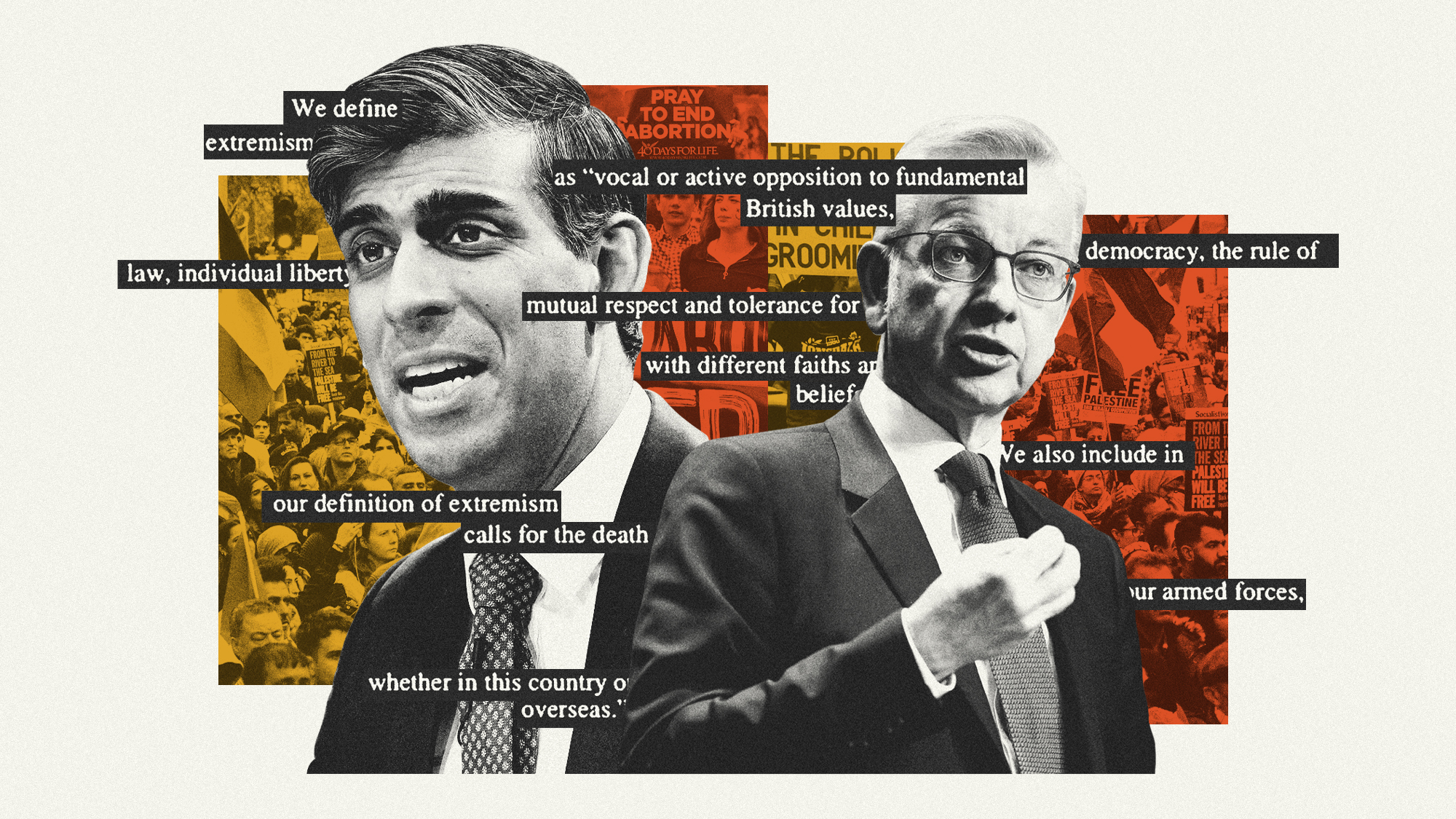
A free daily email with the biggest news stories of the day – and the best features from TheWeek.com
You are now subscribed
Your newsletter sign-up was successful
Government plans to broaden its definition of extremism to try to tackle growing Islamist and far-right activity in the UK has sparked alarm among religious groups.
The current definition – "vocal or active opposition to fundamental British values" – was first set out more than a decade ago and is seen by ministers as "no longer being fit for purpose", said The Times' policy editor Oliver Wright. Under plans expected to be announced next week by Communities Secretary Michael Gove, the definition would be updated to encompass any group or individual that promotes an ideology that "undermines the rights or freedoms of others".
The move follows Rishi Sunak's warning last week that British democracy is being targeted by extremists and by "forces here at home trying to tear us apart".
The Week
Escape your echo chamber. Get the facts behind the news, plus analysis from multiple perspectives.

Sign up for The Week's Free Newsletters
From our morning news briefing to a weekly Good News Newsletter, get the best of The Week delivered directly to your inbox.
From our morning news briefing to a weekly Good News Newsletter, get the best of The Week delivered directly to your inbox.
What did the commentators say?
For "almost two decades" Gove has "made it his mission to push for more stringent measures to tackle extremism in the UK", said The National. Now he finally has his chance.
The updated definition comes with a series of new measures aimed at anyone whose actions more broadly "undermine" the country's institutions or values. Sunak has already pledged to "redouble support" for the anti-radicalisation Prevent programme and has called for universities to stop extremist activity on campuses. There are also plans to extend powers blocking people from entering the UK to include those preaching racism, incitement or using intimidation or violence to undermine the democratic process.
Broadening the definition is "significant", said Wright in The Times, "because groups or individuals deemed to be extremist by ministers can be excluded from government and council funding and barred from working with public bodies".
This might be a "necessary step", Hans-Jakob Schindler, director of the Counter Extremism Project, told The National. But there is concern that it could inadvertently penalise mainstream Muslim groups, as well as organisations campaigning against gay marriage, transgender rights, environmental groups and even supporters of Scottish independence, said Scottish newspaper The National.
A free daily email with the biggest news stories of the day – and the best features from TheWeek.com
What next?
Officials have drawn up a list of organisations likely to be deemed extremist by the new definition, which include the Muslim Council of Britain, Palestine Action and Muslim Engagement and Development.
In response, the Muslim Council of Britain – whose charitable arm received more than three-quarters of its funding last year from Kickstart, a government scheme to get young people into work – asked whether the new definition "would also cover large swathes of the Conservative Party leadership who have directed divisive and hateful rhetoric against Muslims".
Senior government figures have warned the new definition will also "provoke tensions" with gender critical groups and other religious groups who campaign against issues such as abortion or gay marriage.
"It's going to be incredibly difficult," a government source told The Times. "You can see how, very quickly, small 'c' conservative groups will be hit with this."
Right-wing Tory MP Miriam Cates said that broadening the definition of extremism was a "slippery slope to the abolition of fundamental freedoms" and a "path to authoritarianism".
It "raises the prospect of unusual alliances emerging between those who might disagree on other issues but who are united by hostility to the proposals", said The Guardian.
"Reviewing the words and their operation in practice is a perfectly understandable reaction to recent events, but fraught with danger," said Ian Acheson, former director of community safety at the Home Office, in The Spectator.
"Redrawing the line between non-violent and violent extremism which the proposed review will seek to do risks inflaming tensions," he said. Go too far with expanding the list and you "risk criminalising 'harmful' thoughts and an assault on free expression and assembly vital to our democratic life".
-
 How Democrats are turning DOJ lemons into partisan lemonade
How Democrats are turning DOJ lemons into partisan lemonadeTODAY’S BIG QUESTION As the Trump administration continues to try — and fail — at indicting its political enemies, Democratic lawmakers have begun seizing the moment for themselves
-
 ICE’s new targets post-Minnesota retreat
ICE’s new targets post-Minnesota retreatIn the Spotlight Several cities are reportedly on ICE’s list for immigration crackdowns
-
 ‘Those rights don’t exist to protect criminals’
‘Those rights don’t exist to protect criminals’Instant Opinion Opinion, comment and editorials of the day
-
 Why have homicide rates reportedly plummeted in the last year?
Why have homicide rates reportedly plummeted in the last year?Today’s Big Question There could be more to the story than politics
-
 Ten years after Bataclan: how has France changed?
Ten years after Bataclan: how has France changed?Today's Big Question ‘Act of war’ by Islamist terrorists was a ‘shockingly direct challenge’ to Western morality
-
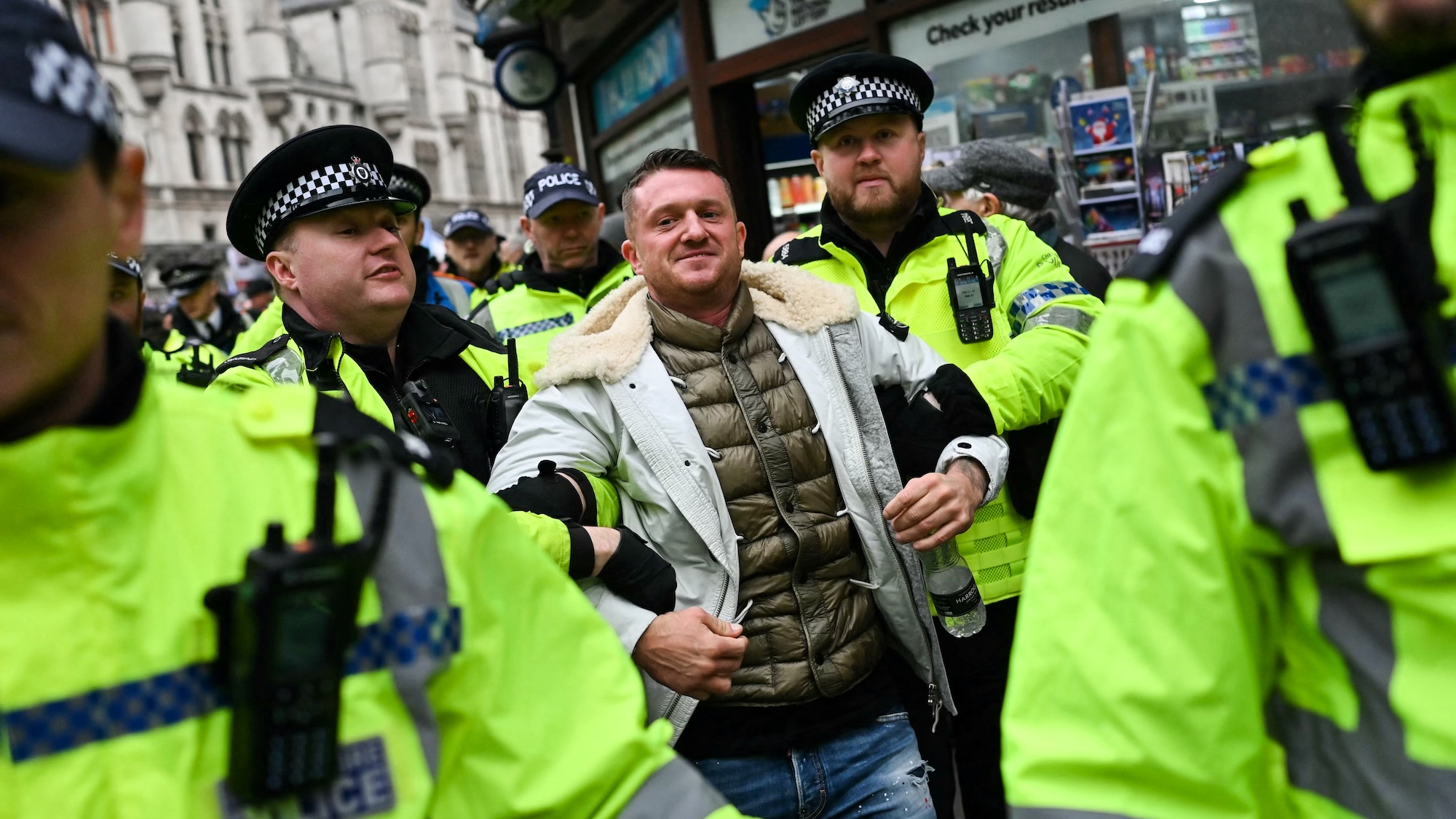 Tommy Robinson: a timeline of legal troubles
Tommy Robinson: a timeline of legal troublesThe Explainer Far-right leader has relied on donations from supporters to fight numerous court cases dating back 20 years
-
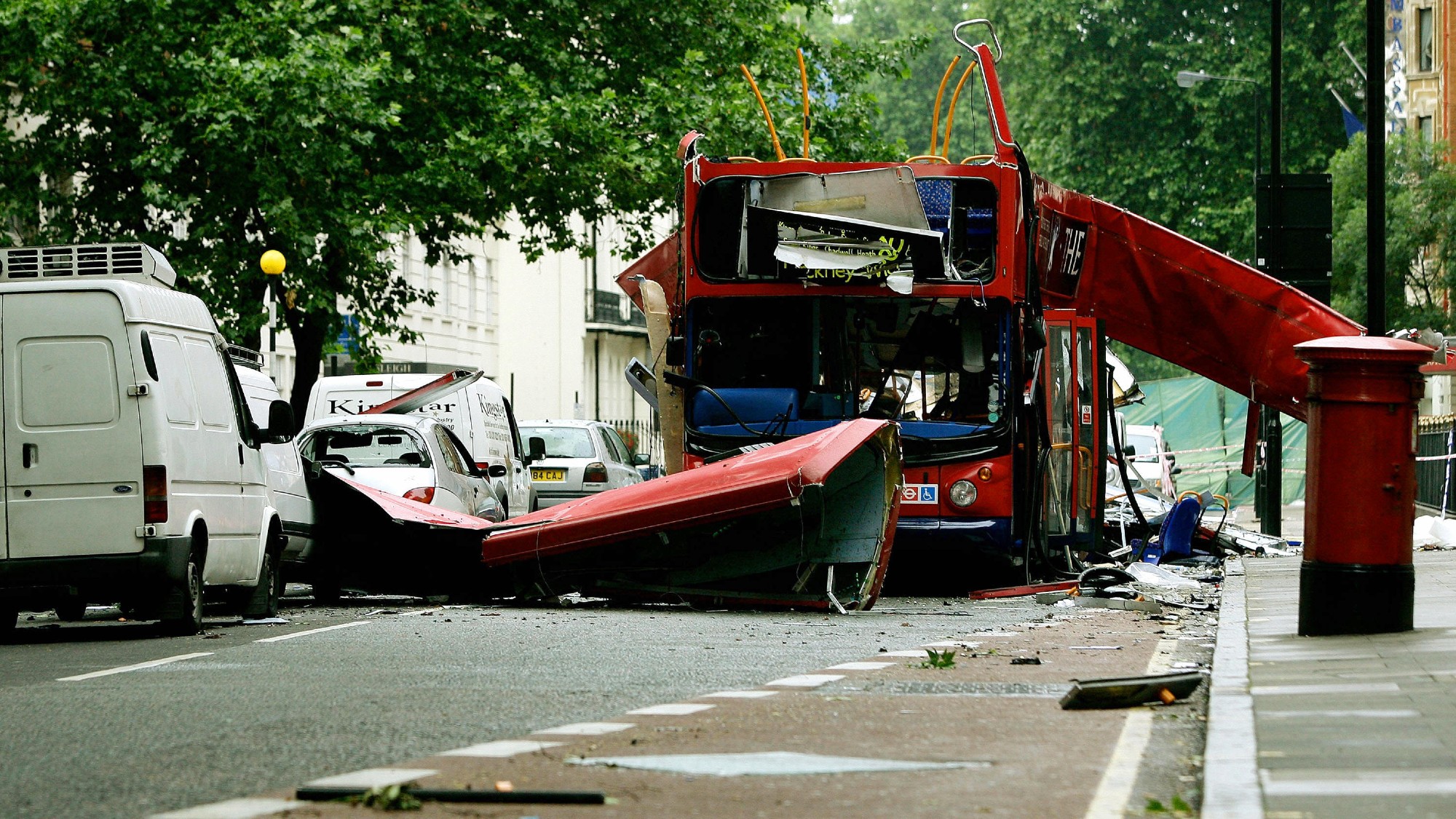 The failed bombings of 21/7
The failed bombings of 21/7The Explainer The unsuccessful attacks 'unnerved' London and led to a tragic mistake
-
 Terror on wheels: the history of vehicle-ramming attacks
Terror on wheels: the history of vehicle-ramming attacksThe Explainer Cars and lorries have now become 'the jihadist's weapon of choice' but they've been a mass-killing weapon for years
-
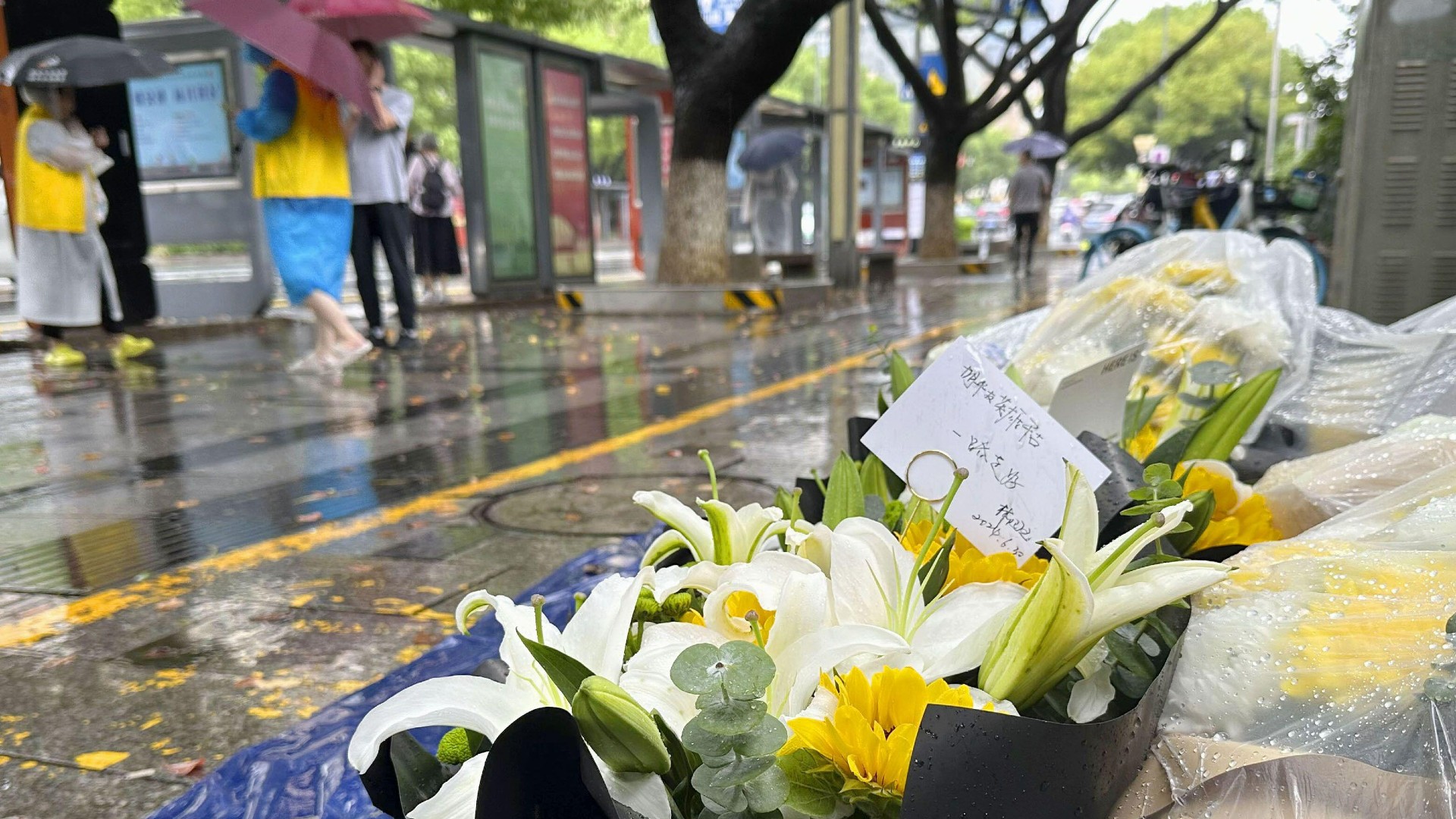 A bus stop tragedy and China's anti-Japanese rhetoric
A bus stop tragedy and China's anti-Japanese rhetoricTalking Point Suzhou attack described as the product of 'decades of hate education'
-
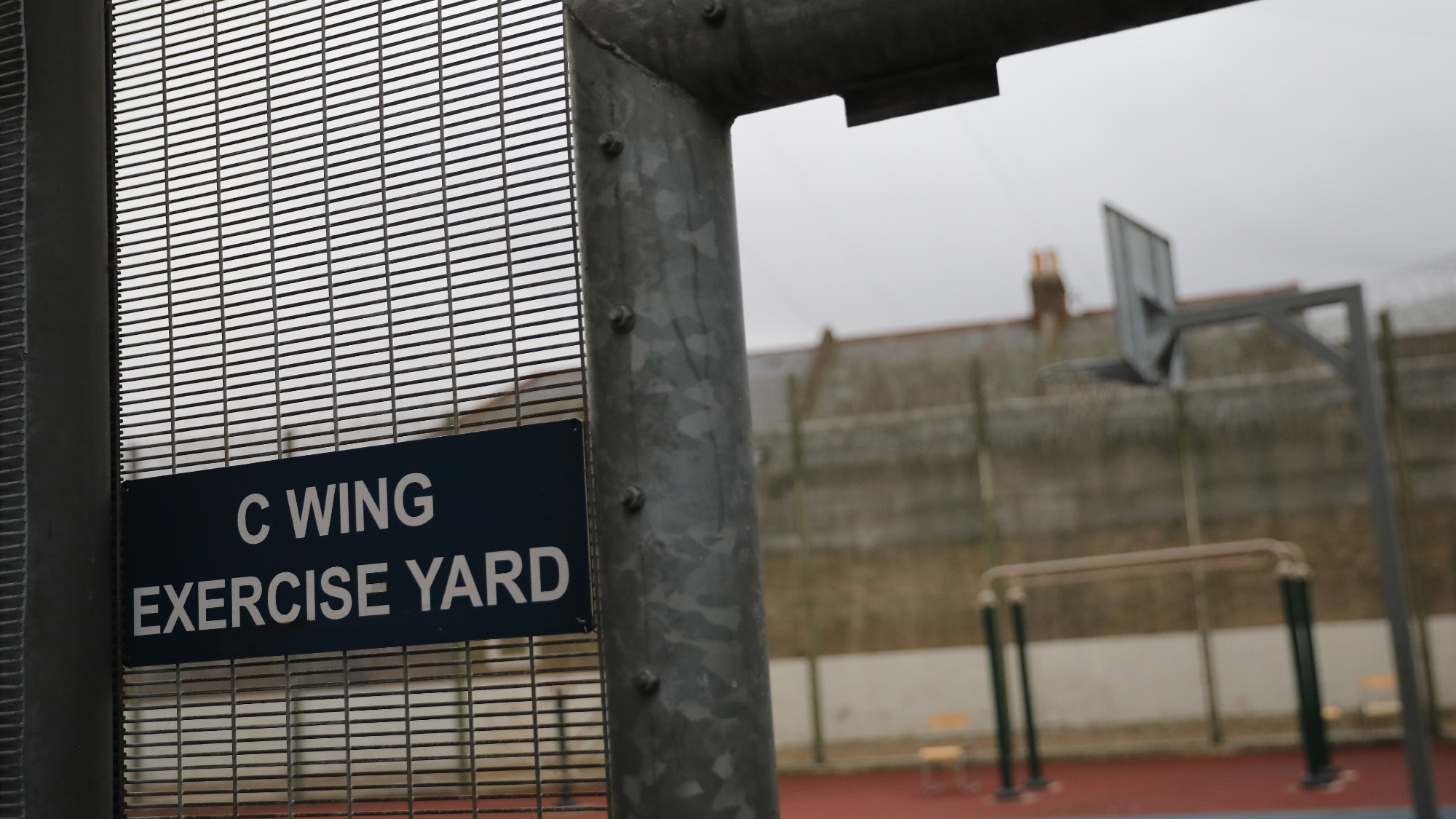 Can Starmer's plan solve the prisons crisis?
Can Starmer's plan solve the prisons crisis?Today's Big Question Releasing inmates early is 'least worst option' to tackle overcrowding, but critics say it puts public at risk
-
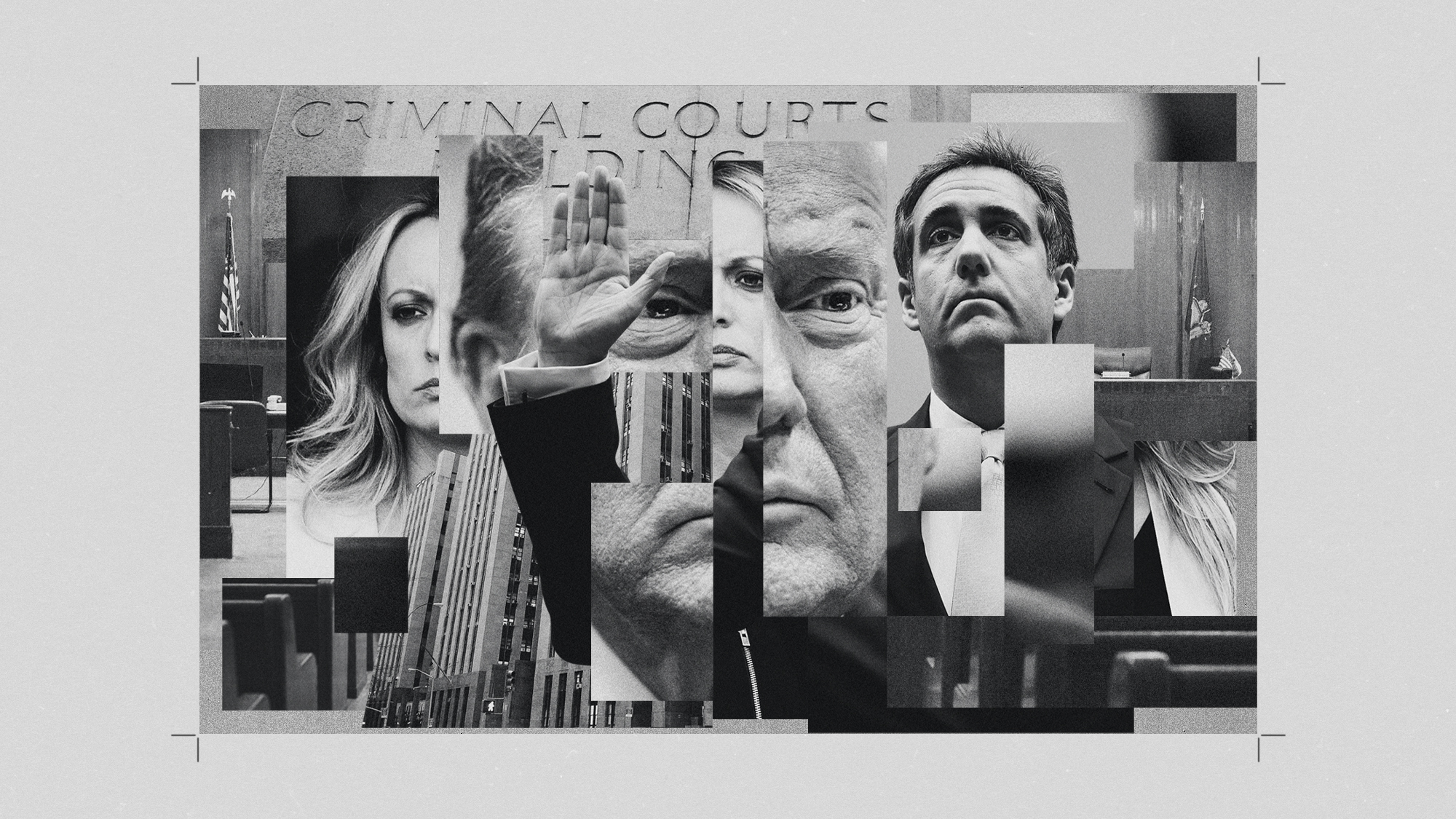 Trump hush money trial: what has the jury heard?
Trump hush money trial: what has the jury heard?Today's Big Question Former loyal fixer Michael Cohen proves star witness for prosecution, but Stormy Daniels's graphic testimony could offer grounds for appeal